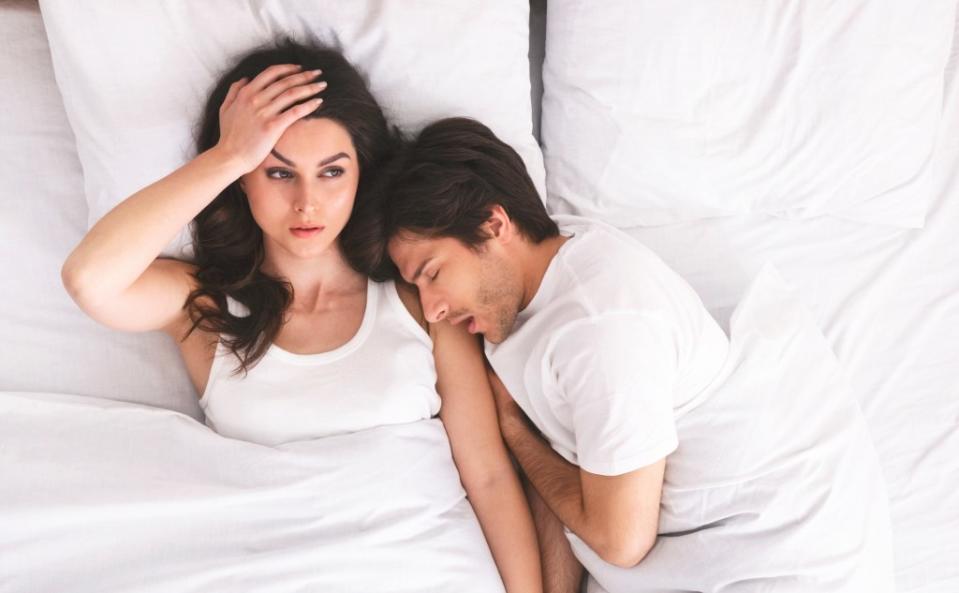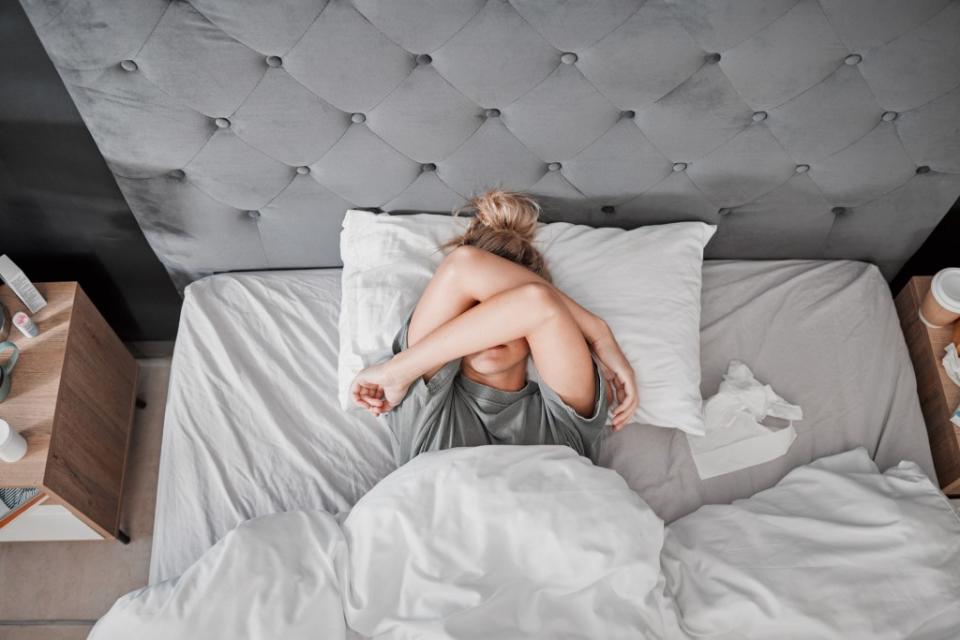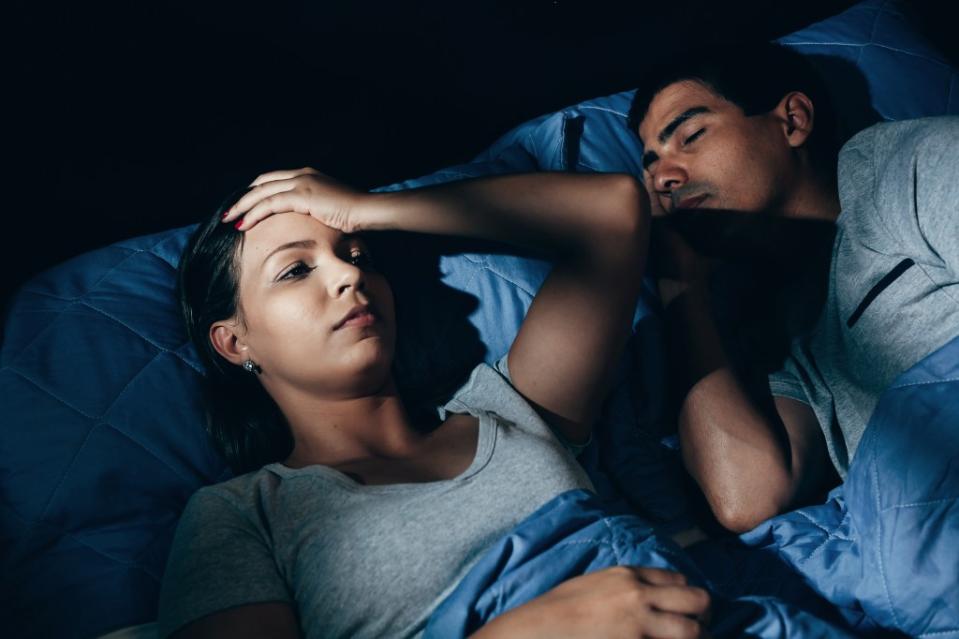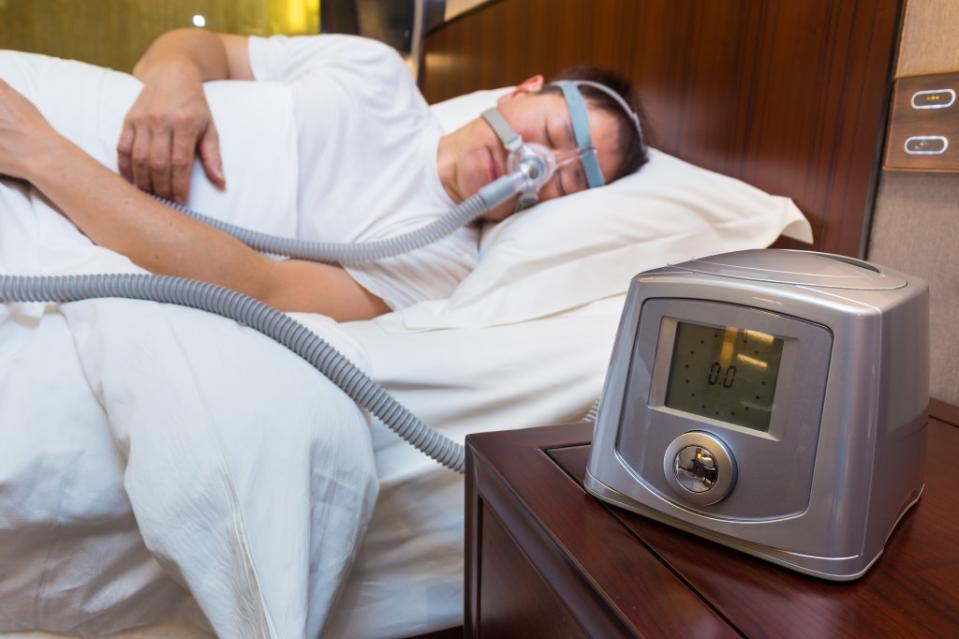Do men or women get better sleep? Docs have an answer

Stealing some shut-eye might be a lot harder if you’re a woman, according to experts.
Women are more likely to report poor sleep quality and insomnia, while men are more likely to report sleep apnea, according to a recent review published in the journal, Sleep Medicine Reviews.
The review, published in April, also reinforced a number of sleep differences between the sexes, including basic circadian rhythms. For example, men tend to produce melatonin later in the evening, and are later chronotypes — meaning they’d prefer to stay up and sleep in later than women.

Stress and insomnia in women
Previous research has shown that women are 1.5 times more likely to experience insomnia, which researchers theorize could be due to higher incidences of anxiety and depression in women.
But the latest findings are painting a better picture of those restless nights.

Dr. Eric Sklar, medical director of the Inova Sleep Disorders Program in northern Virginia, told Fortune Well that he was surprised by the review findings.
“There is a high correlation with underlying psychiatric disorders and insomnia,” Sklar explained. “Some of the underlying societal stressors for men and women may be different.”
The doctor went on to say that women are still often “pigeonholed” into the role of primary caregiver at home, while also climbing the corporate ladder; and may find it more difficult to eke out downtime each evening. That wind-down time can be essential for a healthy circadian rhythm, the doctor noted, so if you’re instead engaging in so-called “revenge bedtime procrastination” with screentime or other activities — you could be further hurting your chances at getting quality sleep.
Still, women do come out ahead of men in a few areas. Women spend more time in bed actually asleep — a measurement called sleep efficiency; enter REM (rapid-eye movement) sleep earlier; and spend about eight minutes longer in non-REM sleep than men.

However, according to the review, more women self-reported having poor sleep — meaning they woke up feeling groggy and not well-rested.
Unsurprisingly, new parents also fell into the category of disrupted and poor sleep quality. Alaina Tiani, a clinical psychologist at the Cleveland Clinic Sleep Disorders Center, told Fortune Well that she sees many postpartum women with young children who report little sleep.
“Almost like their brain was half-listening out for their children in the middle of the night, in case they needed something,” Tiani noted to Fortune.

Sleep disorder more common in men
Despite women getting the short end of the stick when it came to most sleep issues, men struggled more with obstructive sleep apnea. In fact, the sleep disorder is three times more common in men than it is in women. In part, it could be due to their neck size, researchers said.
“It is well known that men are at a higher risk,” Sklar noted. “Men tend to have larger necks, and neck size is also a risk factor.”
Men were also found to overeat more in response to sleep loss.


